Archives for January 2024
GomSpace signs contract with DLR for 4.7 MSEK
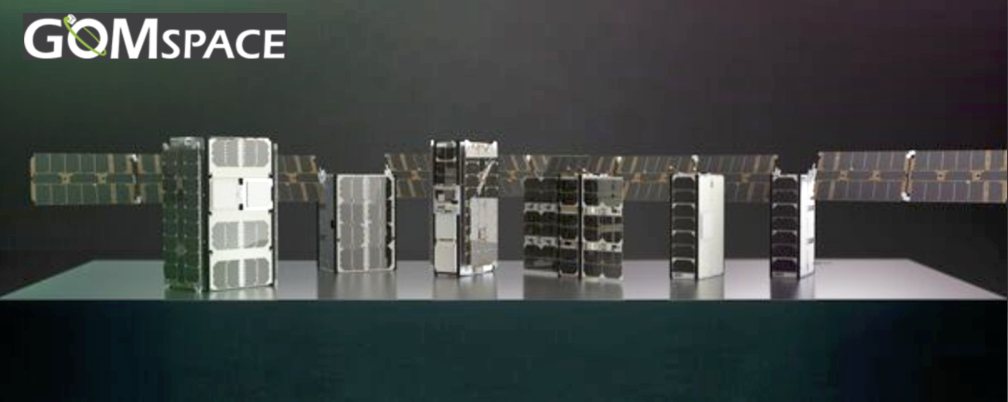
GomSpace has signed a contract with the German Aerospace Center (DLR).

The contract covers the first phase of a project to develop a 16U cubesat. The contract value is 4.7 million Swedish Krona and the work will be carried out during the first half of 2024.
“GomSpace has developed solutions and missions with DLR before, recently with a successful demonstration of an optical communication payload onboard a Cubesat. It is a testament to GomSpace ability and quality, that DLR once again puts their trust into us,” said Carsten Drachmann, CEO of GomSpace.
Rocket Lab receives million$$$ contract from SDA + SDA contract information
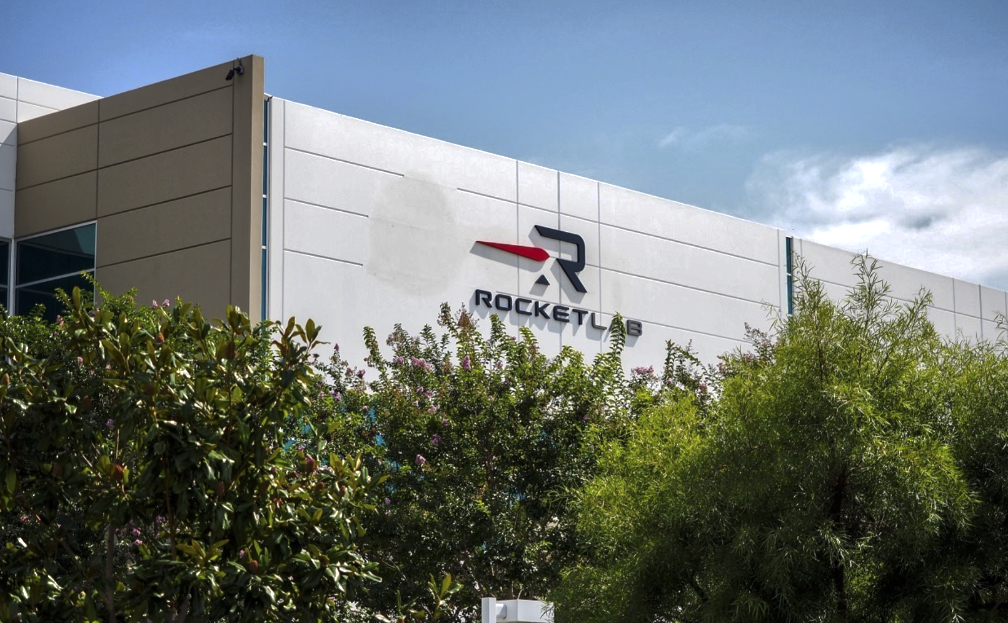
Rocket Lab USA, Inc. (Nasdaq: RKLB) has been selected by, and is under contract with, the Space Development Agency (SDA) to design and build 18 Tranche 2 Transport Layer-Beta Data Transport Satellites (T2TL – Beta).
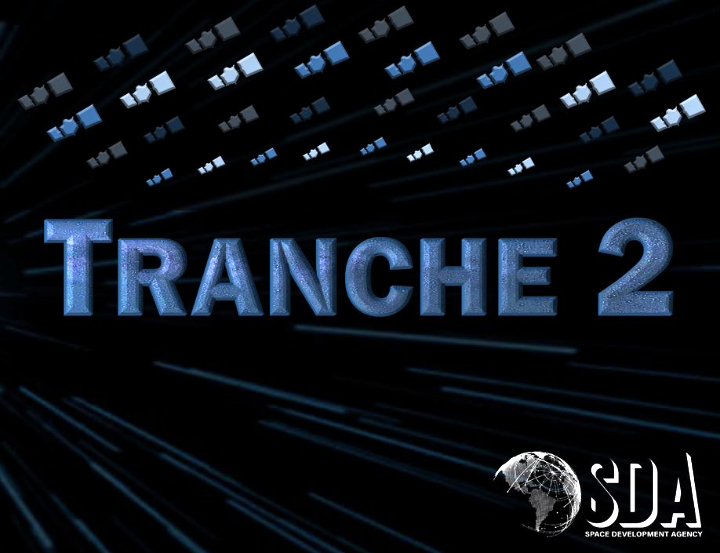
Rocket Lab will act as prime contractor for the $515 million firm-fixed price agreement to lead the design, development, production, test, and operations of the satellites, including procurement and integration of the payload subsystems. The contract establishes Rocket Lab’s position as a leading satellite prime contractor, providing supply chain diversity to the Department of Defense (DoD) through vertical integration. The contract comprises $489 million base plus $26 million of incentives and options and will be carried out by Rocket Lab National Security (RLNS), the company’s wholly owned subsidiary created to serve the unique needs of the U.S. defense and intelligence community and its allies.
The SDA is procuring satellites in two-year “tranches” to build out a proliferated constellation in LEO to deliver needed space-based capabilities to the joint war fighter. The T2TL – Beta satellites, part of the Tranche 2 program, will be integrated into SDA’s Transport Layer to provide assured, resilient, low-latency military data and connectivity worldwide to meet DoD needs.
“This contract marks the beginning of Rocket Lab’s new era as a leading satellite prime. We’ve methodically executed on our strategy of developing and acquiring experienced teams, advanced technology, manufacturing facilities, and a robust spacecraft supply chain to make this possible. It’s exciting to now be delivering this capability for government and commercial customers alike,” said Rocket Lab founder and CEO, Peter Beck. “SDA’s acquisition approach favors speed, schedule certainty, and affordability to deliver next-generation space capabilities to the nation. We’ve proven Rocket Lab is capable of delivering this across our launch and spacecraft programs and we look forward to delivering it for SDA.”
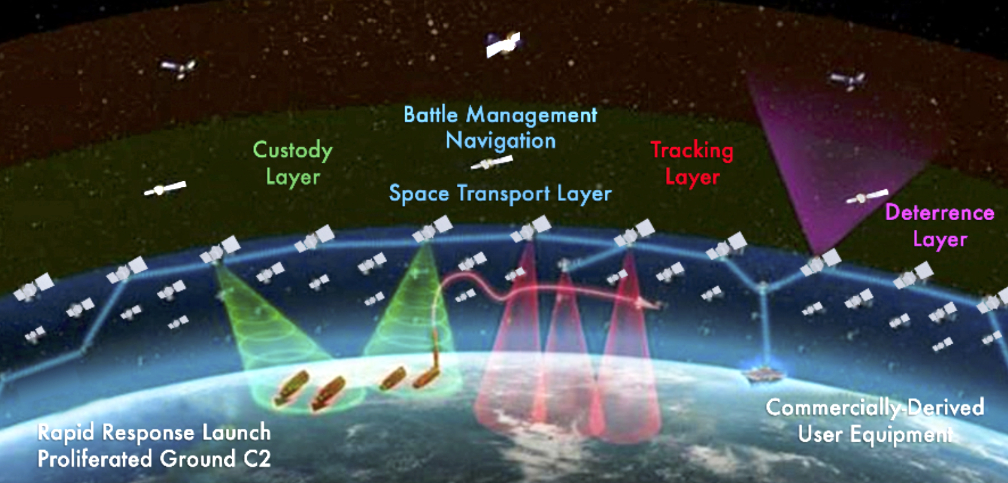
All 18 satellites will integrate subsystems and components built in-house by Rocket Lab, including solar panels, structures, star trackers, reaction wheels, radio, flight software, avionics, and launch dispenser. This high degree of vertical integration gives Rocket Lab a rare level of control over supply chain, enabling efficiencies and certainty on cost, schedule and quality. The satellites will be built at Rocket Lab’s advanced spacecraft development and manufacturing complex within the company’s Long Beach headquarters. The facility includes a 12,000 sq. ft. cleanroom and 40,000 sq. ft. of streamlined production and test facilities designed to support constellation class manufacturing and satellite assembly, integration and test for commercial, civil and national security customers. The satellites are scheduled for launch in 2027.
As a leading provider of advanced spacecraft and components, Rocket Lab has a backlog of more than 40 satellites in development and production. Rocket Lab satellite technology and components have been integrated into more than 1,700 satellite missions globally.SDA makes 3rd Award for 18 additional Beta variant T2TL smallsats
SDA makes 3rd award for 18 additional Beta variant Smallsats for T2TL of the PWSA
Agency selects new Tranche 2 team member to produce variant of data relay and tactical communication space vehicles
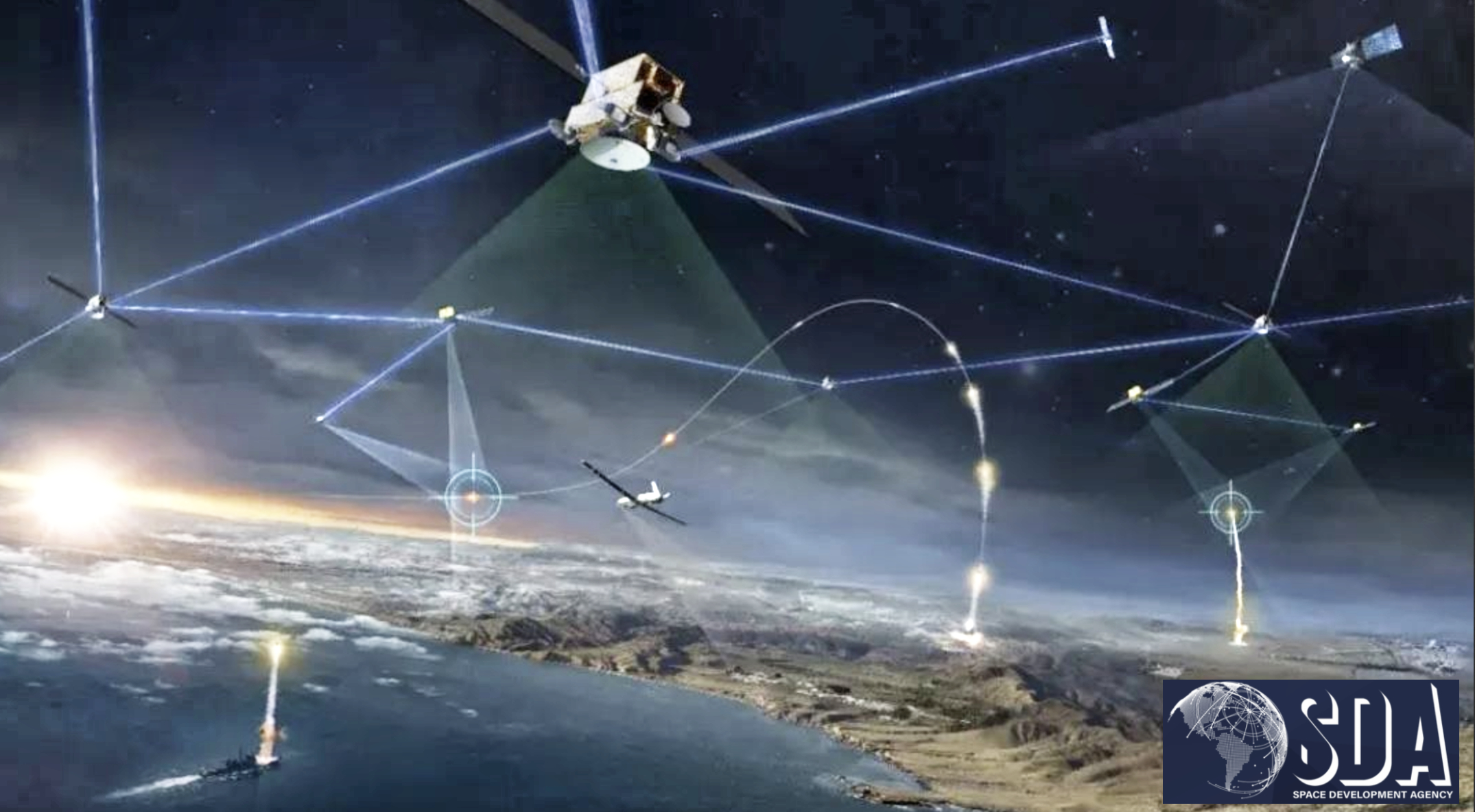
The Space Development Agency (SDA) has awarded a prototype agreement with a total value of approximately $515 million to build and operate 18 Tranche 2 Transport Layer (T2TL) – Beta variant prototype space vehicles, which will join the previously-awarded 72 Beta space vehicles to form the foundation of Tranche 2 of the Proliferated Warfighter Space Architecture.
SDA awarded the firm-fixed priced Other Transaction Authority (OTA) agreement to Rocket Lab National Security LLC, Long Beach, California, to deliver and operate a T2TL – Beta prototype constellation in two orbital planes of nine satellites each, launching no later than July 2027.
“We welcome Rocket Lab as the newest member of Team SDA and our third performer on the T2TL- Beta program,” said Derek Tournear, SDA director. “Their selection as a new prime and bus provider demonstrates SDA’s dedication to our mission, which includes development of a growing, innovative marketplace necessary to sustain SDA’s proliferated architecture on two-year spirals.”
In August 2023, SDA signed two OTA agreements, with a total value of approximately $1.5 billion to build 72 T2TL – Beta variant space vehicles. The earlier planes of the T2TL – Beta constellation will begin to launch in September 2026. The third award increases the size of the T2TL – Beta constellation to 90 SVs. The constellation will provide global communication access and deliver persistent global encrypted connectivity to support missions like beyond line of sight targeting and missile warning and missile tracking of advance missile threats.
SDA determined the need to move some satellites from the planned Gamma variant to the Beta program to support mission utility through further proliferation of tactical satellite communication (TACSATCOM) capabilities. The additional 18 T2TL-Beta SVs will be operated from lower inclination orbits than the first 72 T2TL – Beta SVs. This enhances the overall robustness of the capability delivered by the T2TL SVs.
The T2TL features multiple space vehicle and mission configuration variants procured through a multi-solicitation and multi-vendor acquisition approach. In October 2023, SDA completed awards for 100 T2TL – Alpha variant SVs, which will provide global communications to support missions like beyond-line-of-sight targeting and missile warning and missile tracking of advance missile threats as part of the PWSA. SDA expects to release the T2TL Gama solicitation later next year. SDA is currently in the source selection phase for T2 Tracking Layer.
Once completely fielded, Tranche 2 will provide global persistence for all capabilities in Tranche 1 plus demonstration of advanced tactical data links and future proliferated missions. The T2 constellation will consist of approximately 270 operational Transport and Tracking Layer satellites.
The Transport Layer will be the space backbone for the Joint All Domain Command and Control (JADC2) infrastructure with low-latency data transport, sensor-to-shooter connectivity, and TACSATCOM direct to platform.
Spire Global awarded million$ contract by NOAA

Spire Global, Inc. (NYSE: SPIR) has been awarded $9.4 million by NOAA to provide radio occultation (RO) data for an 8-month period.
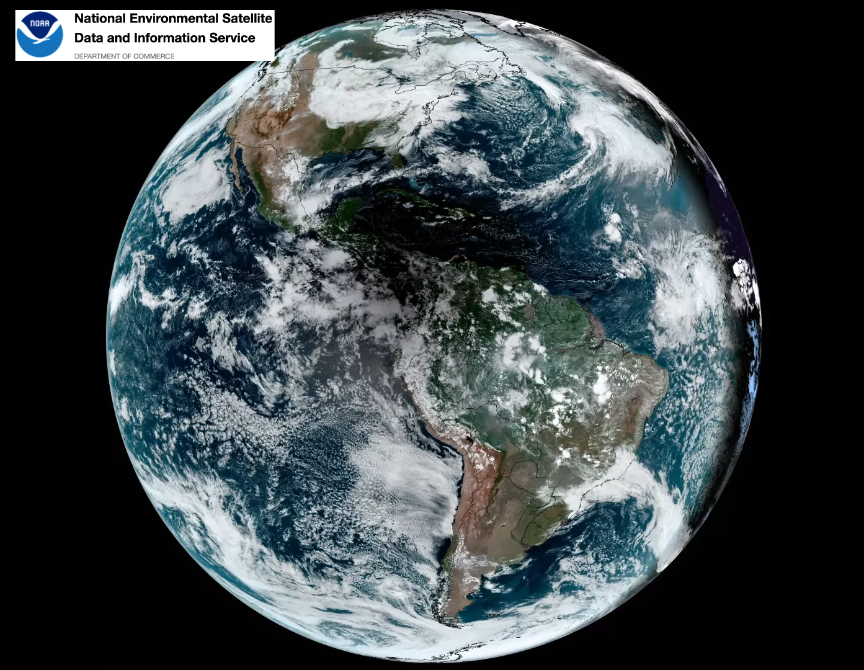
The award is part of an Indefinite Delivery Indefinite Quantity (IDIQ) contract for NOAA’s Commercial Weather Data Program’s Radio Occultation Data Buy II.
The near-real-time RO data provided by Spire will be used for NOAA’s operational weather forecasts, space weather models and climate research, among other applications. The company’s RO data consists of vertical profiles of atmospheric measurements, including pressure, humidity and temperature across all points of the globe.
Spire has provided data to the agency since 2016. Most recently, the company was awarded a $2.8 million contract by NOAA in September of 2023 to provide data on ocean surface wind speeds.
“The increasing pace of extreme weather events is causing significant harm – impacting individuals, communities, businesses, and the economy at large,” said Chuck Cash, vice president of federal sales, Spire. “Through our long-standing relationship with NOAA, we are using space-based radio occultation measurements to address the critical need for accurate weather forecasts globally and help the world better prepare for and mitigate the impacts of extreme weather.“
Rivada Space Networks partnering with Wiseband for network expansion in the Middle East
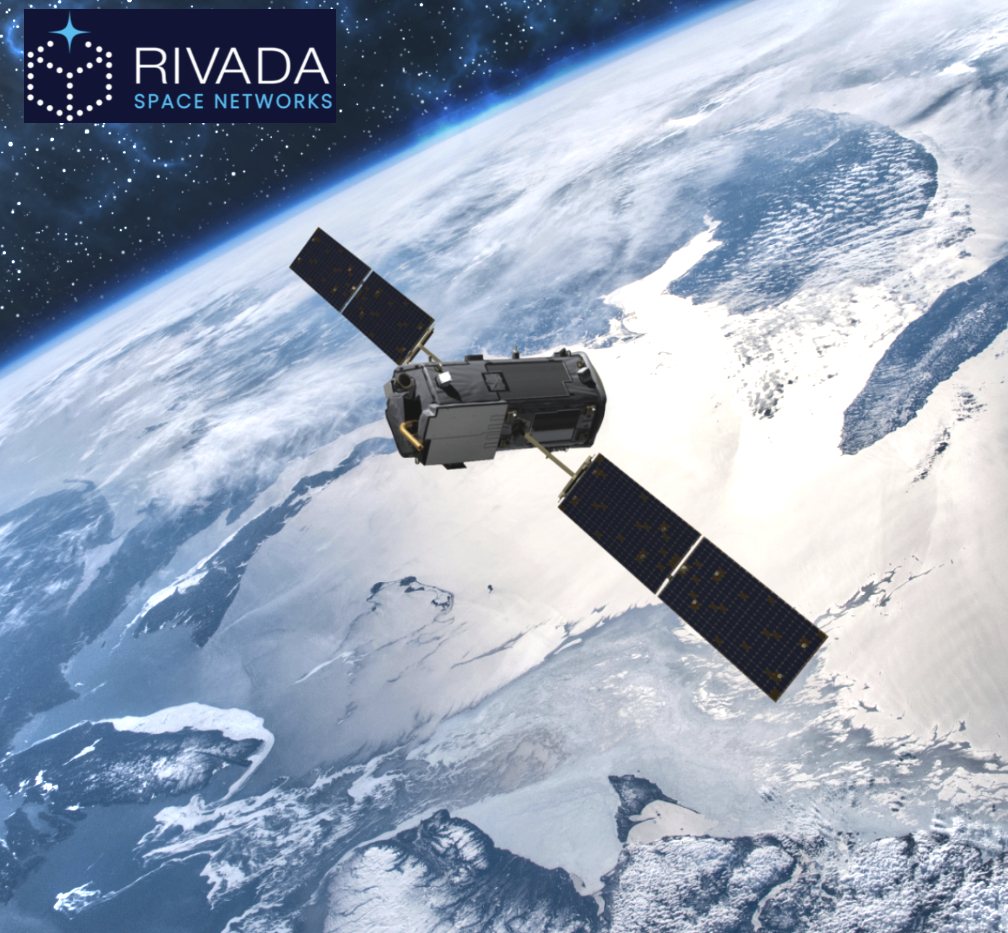

Rivada Space Networks, a global network company launching a constellation of 600 LEO satellites, is partnering with Wiseband, an Emirati satellite services company, to bring secure connectivity solutions to the Middle East region.
Based in UAE and operating across the Middle East and Africa, Wiseband provides customized private satellite networking solutions which are designed to meet high-performance and stringent security requirements. The company currently has connectivity projects in UAE, KSA, Kuwait and Egypt.
Rivada’s global low-latency point-to-point orbital network, the OuterNETTM, is a unique, next-generation constellation that combines inter-satellite laser links with advanced onboard processing to provide unique routing and switching capabilities and create an optical mesh network in space. This orbital network, in which data stays in space from origin to destination, creates an ultra-secure satellite network with pole-to-pole coverage, offering end-to-end latencies lower than terrestrial fiber over similar long distances. And by routing traffic on a physically separated network, it provides a layer of defense for any organization that needs to securely share data between widely distributed sites.
For Enterprise and Government Communications, Rivada’s OuterNETTM will provide an easy-to-deploy network with higher bandwidth and improved security for resilient and more reliable communications services.
Ahmed Hassan, CEO of Wiseband, said, “Wiseband is looking to tap onto Rivada Space Networks’ highly secure point-to-point secure communications network to provide advanced and customizable secure solutions to our existing enterprise customers and to develop the emerging markets in Middle East. The OuterNETTM is a fully interconnected orbital network which effectively serves as a private network in space, capable of routing traffic at gigabit speeds from one satellite to another with no need for a gateway on earth. We see this as the key infrastructure for the development of the enterprise and government sectors in the Middle East and beyond.”
Declan Ganley, CEO of Rivada Space Networks, said, “We are delighted to be partnering with Wiseband based on their long history and expertise in serving the telecoms sector in Middle East region. Rivada’sOuterNETTM is what data communications has been waiting for – a game-changing constellation that re-defines connectivity in terms of security, latency, capacity, efficiency, and coverage. As a completely new type of LEO constellation, the OuterNETTM can provide the Middle East region with a next-generation infrastructure for secure, resilient communications and network expansion.”
Sidus Space receives NOAA’s OK to provide imaging services to government + commercial customers

Sidus Space (NASDAQ: SIDU) has reported that the NOAA has granted the company a Tier 1 remote sensing license to include Panchromatic (PAN) and Shortwave Infrared (SWIR) imaging capabilities — this approval includes Sidus’ upcoming LizzieSat that is scheduled for launch in March of 2024 aboard the SpaceX Transporter-10 mission from Vandenberg SFB, as well as subsequent LizzieSat satellites.
that is scheduled for launch in March of 2024 aboard the SpaceX Transporter-10 mission from Vandenberg SFB, as well as subsequent LizzieSat satellites.
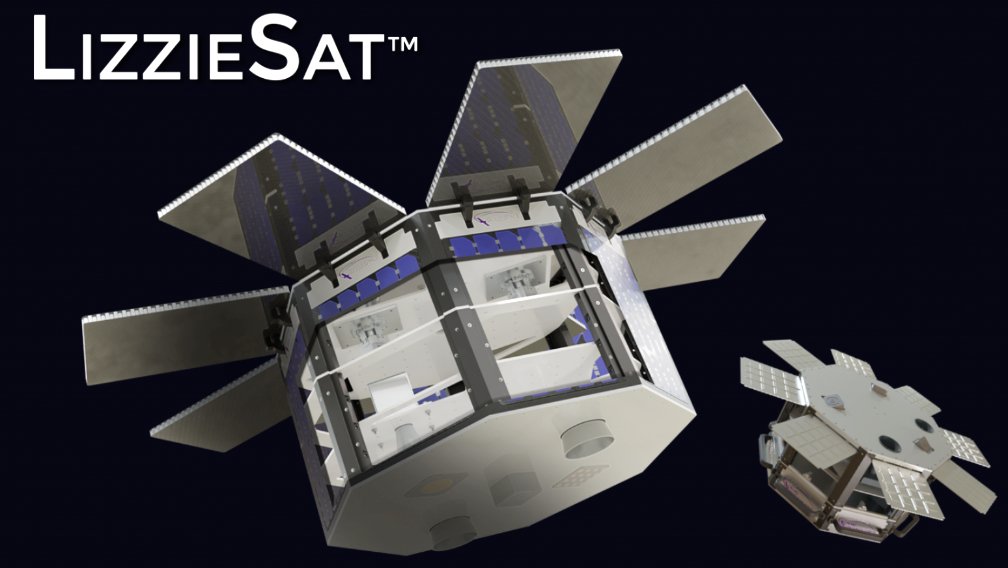
Through this new license authority, Sidus LizzieSat satellites will collect and distribute images and data to government and commercial customers supporting a wide range of applications. The Sidus’ PAN and SWIR imagers will flow high-quality, diverse satellite data into the company’s FeatherBox Artificial Intelligence onboard processor which integrates the images with time synced Automated Information Systems (AIS) and GPS data to provide near real-time customer status regarding marine traffic trends, illegal fishing activities, methane emission locations and quantities, and vegetative stress implications on crop production around the globe.
satellites will collect and distribute images and data to government and commercial customers supporting a wide range of applications. The Sidus’ PAN and SWIR imagers will flow high-quality, diverse satellite data into the company’s FeatherBox Artificial Intelligence onboard processor which integrates the images with time synced Automated Information Systems (AIS) and GPS data to provide near real-time customer status regarding marine traffic trends, illegal fishing activities, methane emission locations and quantities, and vegetative stress implications on crop production around the globe.
“NOAA’s Tier 1 remote sensing license approval is a significant milestone for Sidus Space. With PAN and SWIR imaging capabilities, we’re focused on our commitment to practical innovation in space technology while addressing real-world challenges,” said Carol Craig, CEO and Founder of Sidus Space.
Terran Orbital reporting year-end cash balance in excess of million$$
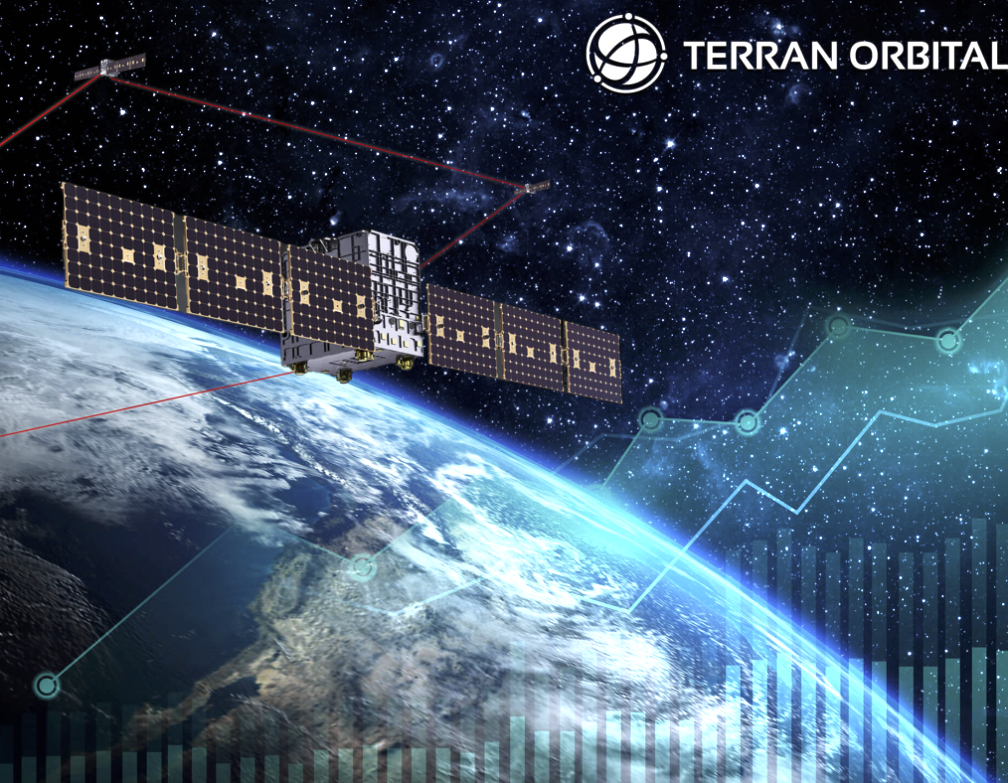
Terran Orbital Corporation (NYSE: LLAP) has pre-announced their 2023 year-end cash balance.
Terran Orbital expects to report an excess of $70 million in cash and cash equivalents as of December 31, 2023, compared to cash and cash equivalents of $38.7 million as of September 30, 2023, primarily resulting from the receipt of key customer payments at year-end.
“We are entering 2024 with a strong financial foundation that we believe will enable us to continue to execute on our strategic and operational objectives,” said Marc Bell, Terran Orbital’s Co-Founder, Chairman, and Chief Executive Officer.
Terran Orbital is a leading manufacturer of satellite products primarily serving the aerospace and defense industries. Terran Orbital provides end-to-end satellite solutions by combining satellite design, production, launch planning, mission operations, and on-orbit support to meet the needs of the most demanding military, civil, and commercial customers.

